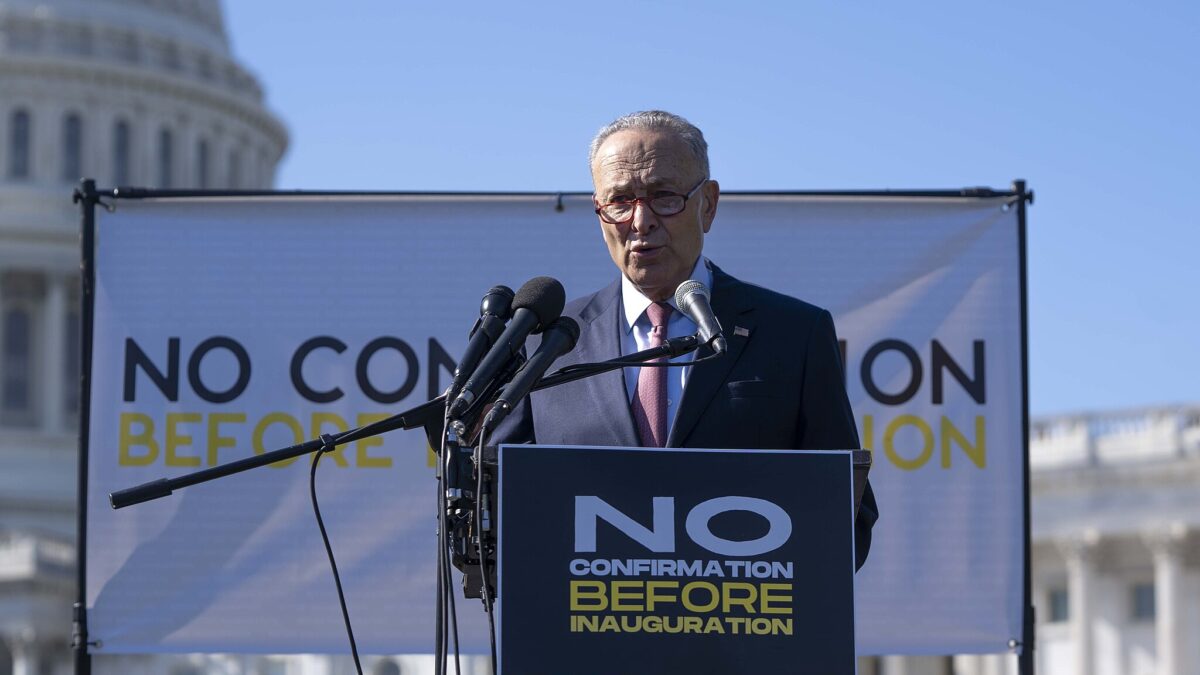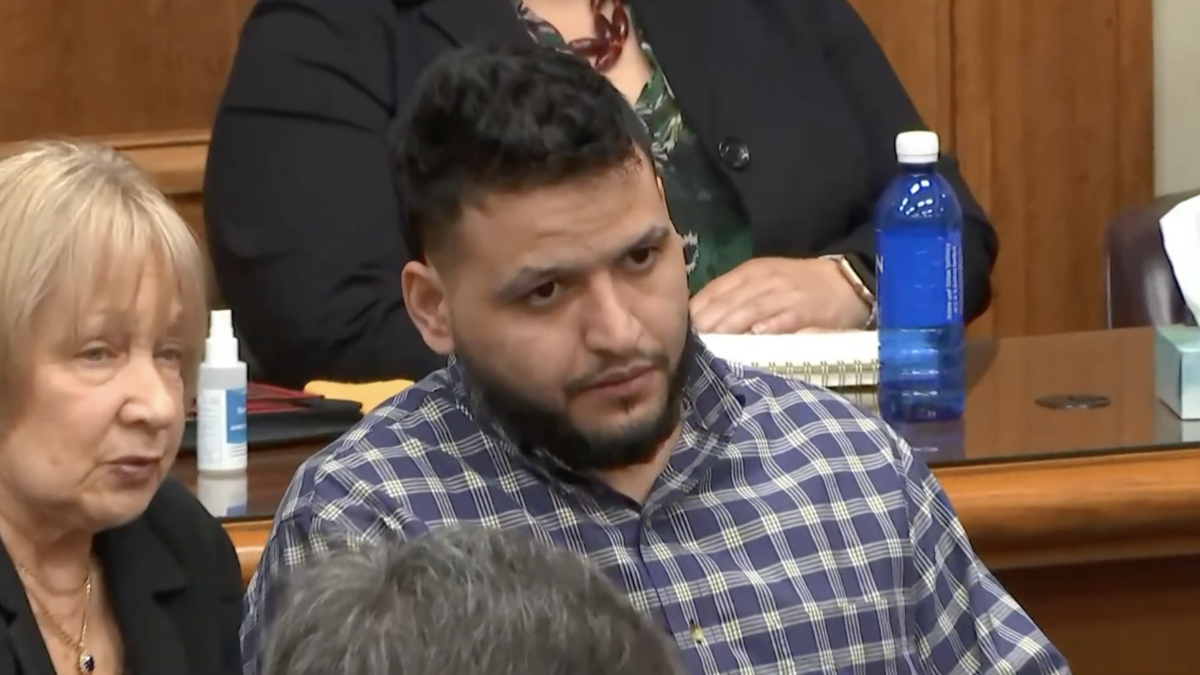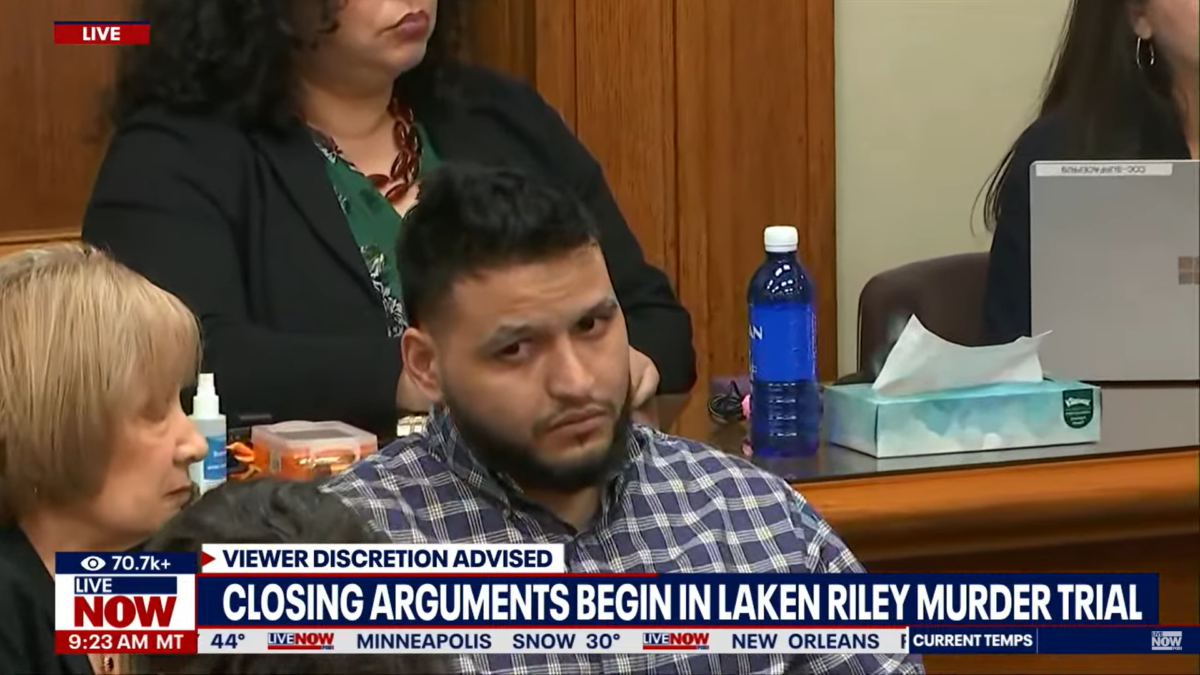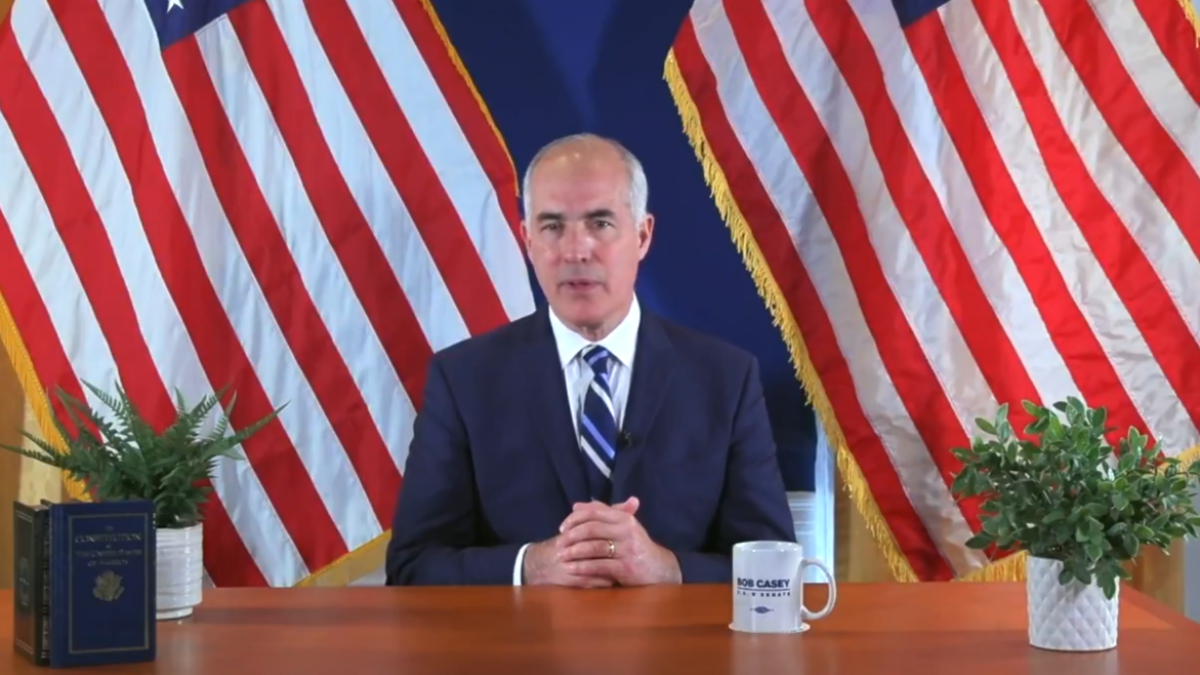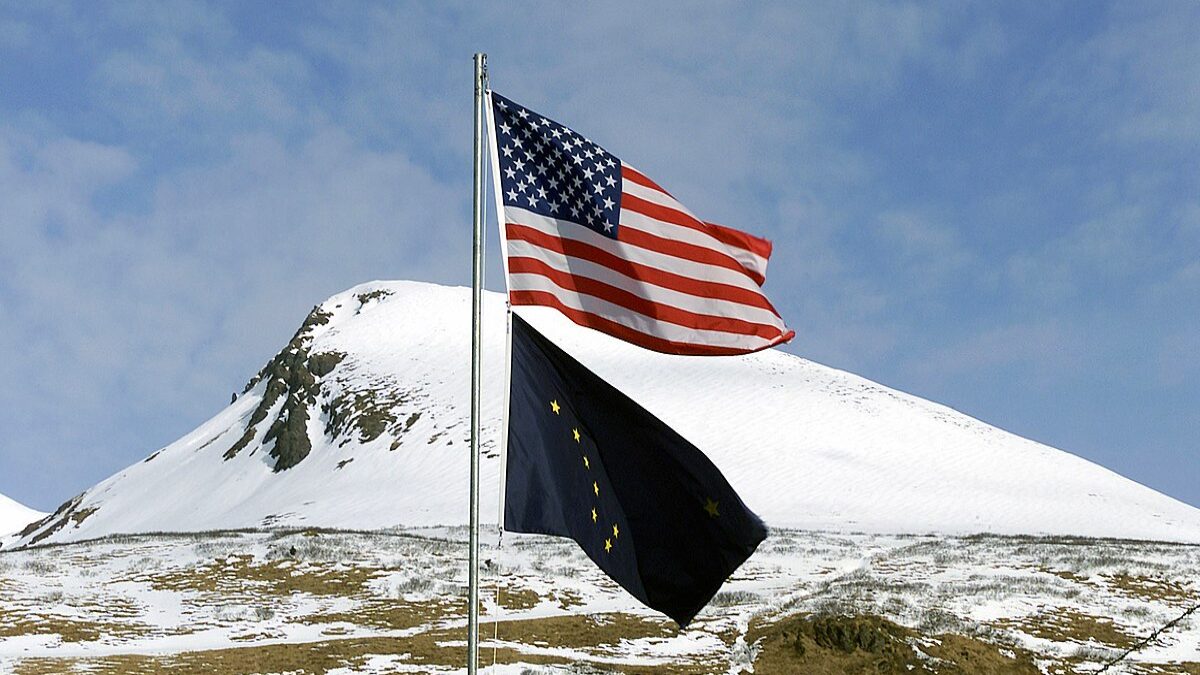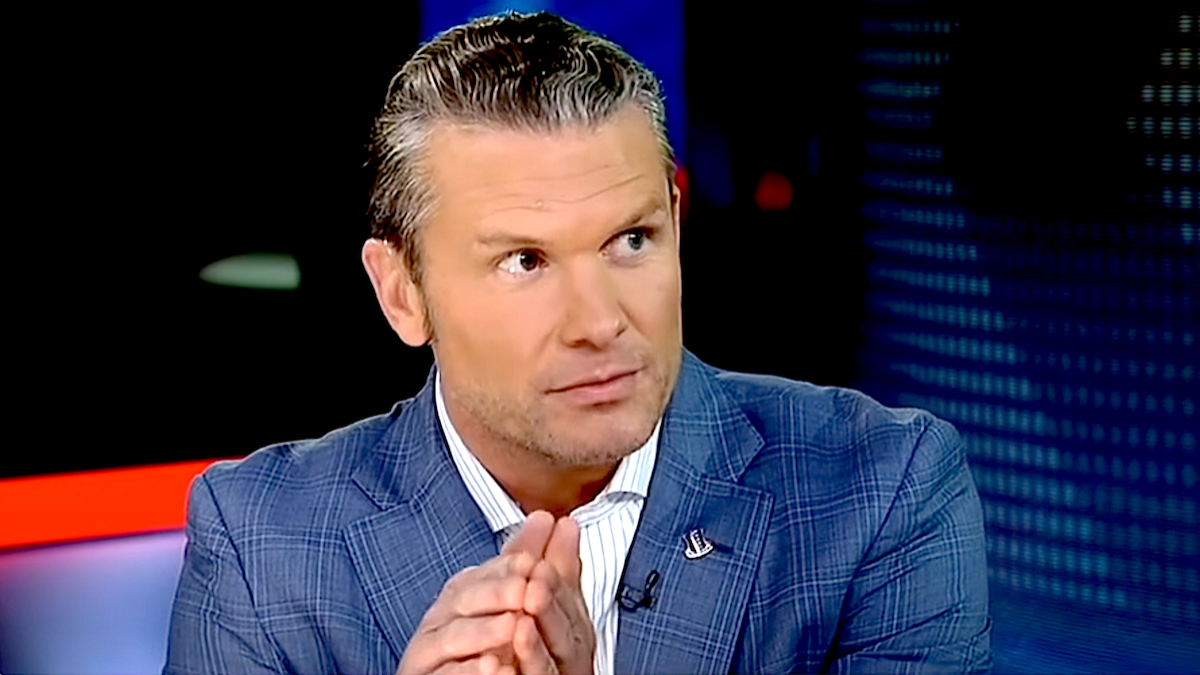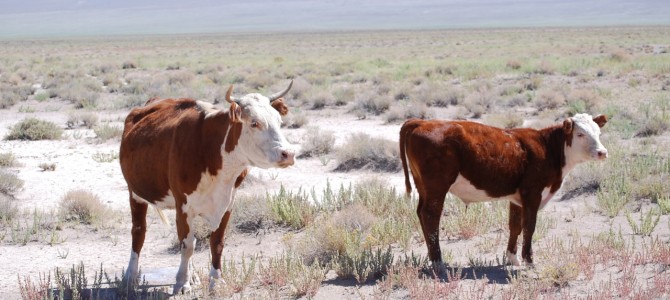
It’s the stuff of Westerns: a showdown on the desert plains, the big bad government against an underdog farmer.
Though the story has only grabbed national headlines in the past several days, rancher Cliven Bundy has illegally grazed cattle on the Nevada land surrounding his farm for over 20 years. He hasn’t paid grazing fees since 1993, and refuses to renew the necessary grazing permit. Things came to a head this past week, when the Bureau of Land Management (BLM) seized almost 400 cattle belonging to Bundy. In response, angry protesters formed an armed rebellion, opposing BLM federal workers. The BLM’s ensuing retreat has gotten a lot of attention, and some called it a huge triumph for state sovereignty. Says TIME Magazine, “At a press conference on April 14, [protesters] invoked battles against the British and shouted quotes from the Scottish revolutionary William Wallace, memorialized in the Hollywood blockbuster Braveheart.” Others are calling Bundy a “folk hero.”
But before we venerate Bundy as a freedom fighter, we might stop to consider the facts.
Back in November, the Las Vegas Sun warned that trouble was already brewing:
“Officials say Bundy and his son are illegally running cattle in the 500,000-acre Gold Butte area, a habitat of the protected desert tortoise. In July, U.S. District Court Judge Lloyd George ruled that if Bundy did not remove his cattle by Aug. 23, they could be seized by the BLM.”
By 1995, writes the Washington Post, “Cliven Bundy had racked up $31,000 in fees for grazing on federal land without a permit. Helicopters often hover over his herd, counting up the cows so he can be fined appropriately.” In 1998, a federal judge issued a permanent injunction against Bundy. He ordered cattle off the land. But in US vs. Bundy, the rancher argued “that his Mormon ancestors worked the land long before the BLM was even formed, giving him rights that predate federal involvement,” says the Las Vegas Sun.
“The federal government has seized Nevada’s sovereignty … they have seized Nevada’s laws and our public land. We have no access to our public land and that is only a little bit of it,” Bundy told CNN at the time.
When Bundy’s family homesteaded in Nevada in 1877, it was a very young state—open and free for the taking. But land ownership in the state today is starkly different—the federal government now owns over 80 percent of Nevada’s land. Though the citizenry of Nevada remains individualistic and libertarian at their core, the very fabric of their state sovereignty is shifting beneath them.
This hasn’t kept Nevada political leaders from coming out in support of Bundy—interestingly, in an interview with FOX News, Nevada Sen. Dean Heller said he told BLM Director Neil Kornze “very clearly that law-abiding Nevadans must not be penalized by an over-reaching BLM.”
But does Bundy really qualify as a law-abiding Nevadan? Atlantic contributor Matt Ford pointed out Monday that Article 1, Section 2 of the Nevada Constitution directly contradicts Bundy’s actions:
“... Whensoever any portion of the States, or people thereof attempt to secede from the Federal Union, or forcibly resist the Execution of its laws, the Federal Government may, by warrant of the Constitution, employ armed force in compelling obedience to its Authority.”
Bundy isn’t upholding state sovereignty—he’s upholding his own personal conception of state sovereignty.
The story reminded me of John Dickinson, a lesser-known Founding Father who opposed going to war with Great Britain. He feared the colonists had no chance and would foolishly expose themselves to slaughter. But when the Declaration of Independence was signed, writes Wilfred M. McClay, Dickinson accepted the decision and immediately joined the Continental Army, “making him one of the few among the Founders to do so. His devotion to the Patriot cause was total, and it proved stronger than his personal pride.”
The problem with Bundy’s stance is that he has no higher end in this fight than his own interests. Though it’s true that the federal government’s takeover of Nevada land is decidedly frustrating to many, there are other methods of protest—less flashy and attention grabbing, perhaps, but methods which appeal to both parties and grasp the importance of compromise and persuasion. But Bundy is not interested in such methods. Rather than using the avenues and pathways presented to him, Bundy has staunchly declared his own law and allegiances.
Unfortunately, reality doesn’t work this way. If only it did—we could rebel for paying stupid taxes, refuse to ever attend jury duty, sell whatever we want on the streets without a license. Maybe our world would be better for it—or maybe it would become chaotic and anarchical, characterized by a tyrannical majority that insists on whatever it wills for its own good.
We can sympathize with Bundy. But we should also remind him that true patriots pick their battles wisely — and they know when to concede.
Gracy Olmstead is associate editor at The American Conservative. Follow her on Twitter.


